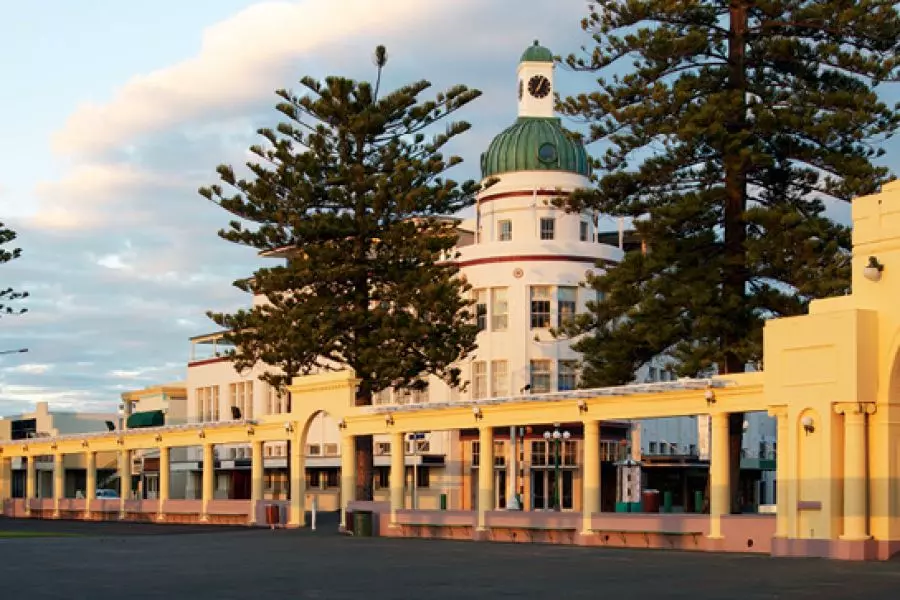News
Deals in Christchurch City Centre

Monday 30th of April 2018
A natural disaster can change a city or town’s dynamic in ways that were previously unimaginable and that’s certainly what’s happened in Christchurch.
Seven years out from the shake in September 2010 and the much more deadly and destructive earthquake of February 2011, a lot of the housing that was marked with a red sticker in the aftermath has been replaced with new-b...
Want to read the full article?
Click the button below to subscribe and will have unlimited access to full article and all other articles on the site.
8 min read
10 min read






![[The Wrap] Bye Bye Bayly](https://goodreturns.publit.io/file/c_fill,w_900,h_600/39f23ac1-f7c7-4854-b700-a150004ebbac.webp)


